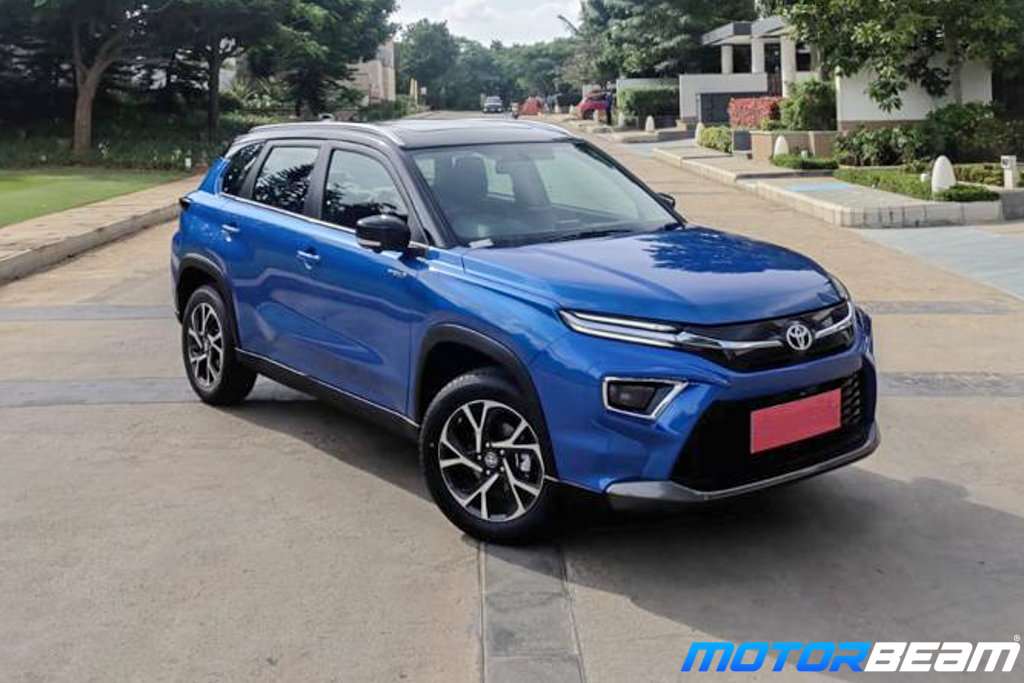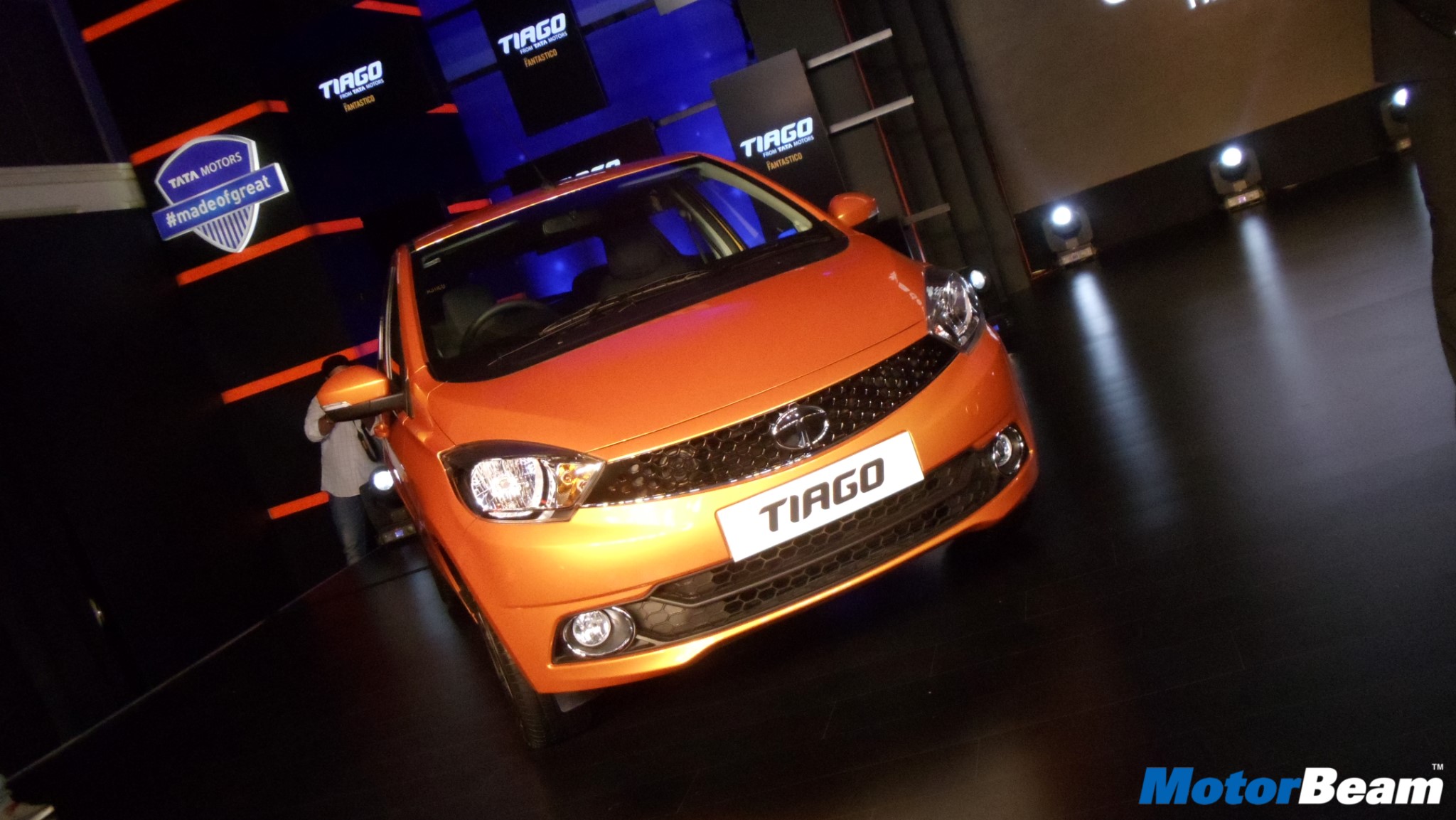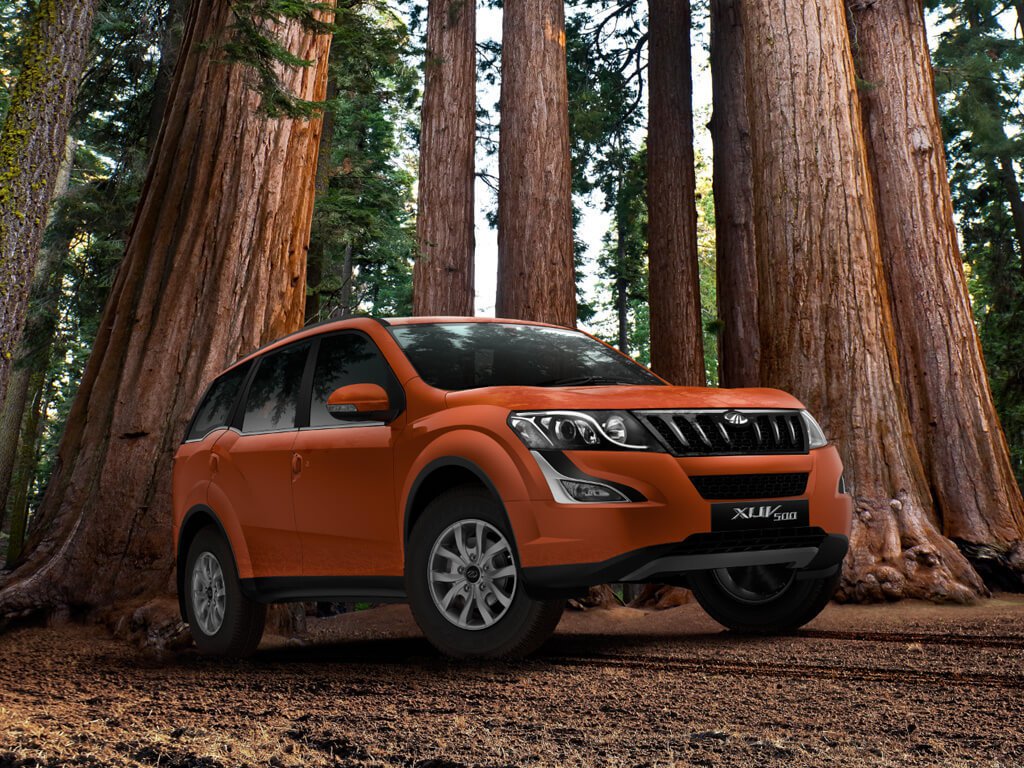
What are the pros and cons of hybrid cars? Let’s have a look
Hybrid cars have become very popular recently in India for their improved fuel efficiency and reduced emissions along with the lack of infrastructure for electric cars. Some manufacturers have found this opportunity to provide hybrid tech in mass market cars these days. These cars are powered by both an internal combustion engine and an electric motor, providing with the benefits of both technologies. However, there are some drawbacks to consider as well. So lets explore the pros and cons of hybrid cars.
Pros:
- Improved Fuel Efficiency
One of the primary benefits of hybrid cars is improved fuel efficiency. This is because the electric motor provides additional power to the engine, allowing it to use less fuel while still providing adequate performance. Hybrid cars can achieve relatively higher fuel efficiency ratings than traditional petrol powered cars, which can save owners money on fuel costs over time.
- Reduced Emissions
Hybrid cars also have the potential to reduce emissions compared to traditional ICE cars. The electric motor produces zero emissions while in use and the engine is typically smaller and more efficient, leading to reduced emissions. This can help to reduce the carbon footprint of the vehicle and lower overall emissions in the environment.
- Regenerative Braking
Hybrid cars also feature regenerative braking technology, which allows the electric motor to generate electricity during braking and coasting. This energy can then be stored in the battery for later use, helping to improve fuel efficiency and reduce emissions even further.
- Tax Incentives and Subsidies
In many cities, hybrid cars are eligible for tax incentives and subsidies. These incentives can provide a significant financial benefit to the owners, offsetting the higher upfront cost of hybrid vehicles.
Cons:
- Higher Upfront Cost
One of the primary drawbacks of hybrid cars is their higher upfront cost compared to traditional cars. This is due to the additional technology and components required to power the electric motor and battery. While tax incentives and subsidies can help to offset this cost, the initial investment required for a hybrid car may be a barrier for some owners. For instance, the Maruti Grand Vitara strong hybrid is Rs. 3 lakhs more expensive than the mild hybrid version.
- Limited Range
Hybrid cars typically have a limited electric-only range, which means that they rely on the engine for longer trips. While this may not be an issue for most drivers, those who frequently travel long distances may find the limited electric range of hybrid cars to be a drawback.
- Battery Life and Replacement Costs
The battery used in hybrid cars has a limited lifespan and will eventually need to be replaced. This can be expensive and the cost of replacement may be a concern for some drivers.
- Maintenance Costs
Hybrid cars have more complex technology than traditional cars, which can lead to higher maintenance costs. This may include specialised maintenance and repairs for the electric motor and battery, which can be more expensive than traditional engine maintenance.




